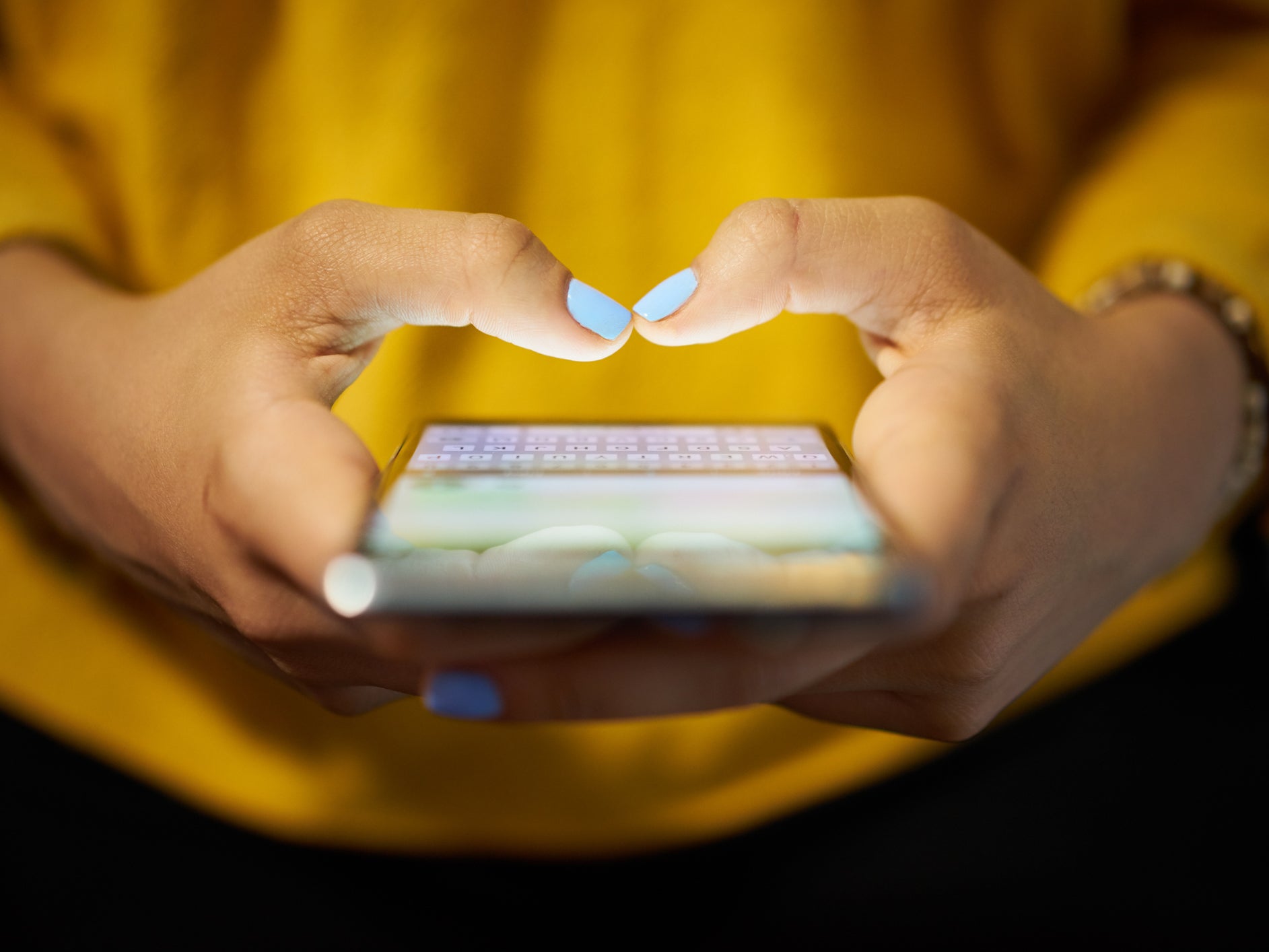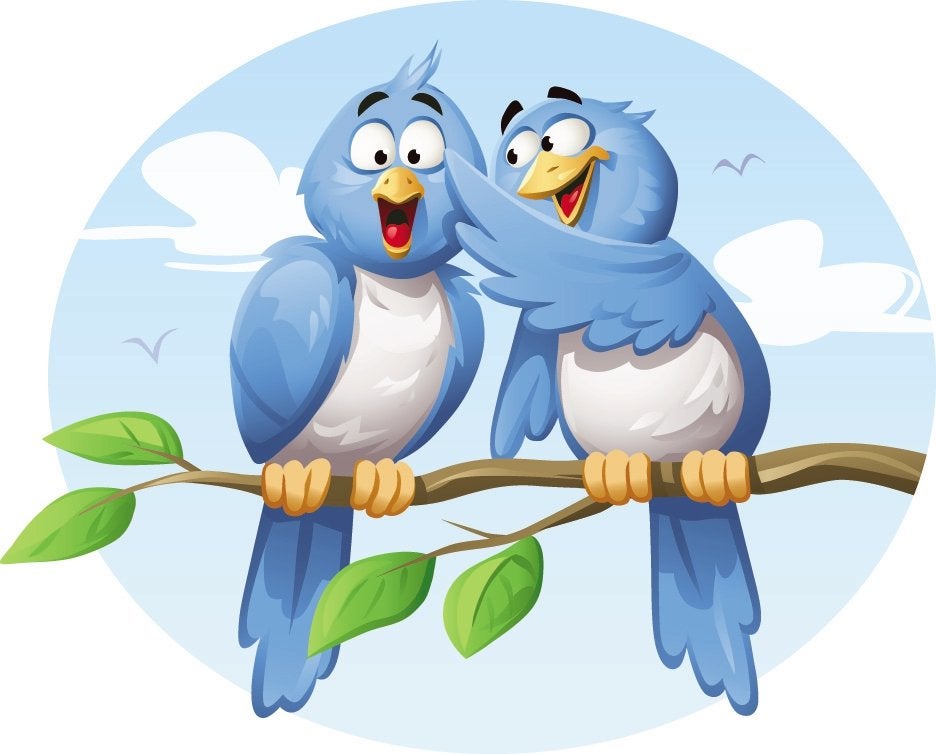I looked back to see if my old tweets were problematic and this is what I found
Twitter veteran and author of A Beginner's Guide to Losing Your Mind, Emily Reynolds, finds deep embarrassment and a lost sense of freedom in her online history

Late last year, in 2018, I hit a big milestone. It wasn’t a big birthday, an anniversary or personal achievement – nothing like that. No, December 2018 marked something perhaps a little less impressive: 10 years since I first joined Twitter.
I could barely believe it, and I certainly couldn’t remember it: I didn’t know why I’d decided to set up an account, my first ever tweet was long gone, and I have no idea who I followed or why. 10 years was a long time ago; it was basically a mystery to me. So I decided to download my archive.
I was worried about what I might find, but it wasn’t, as you might expect, because 17-year-old me had said something offensive. Aside from a few uses of the word “insane” before I got my bipolar diagnosis and a host of tweets about being “fat” and constantly dieting before I realised I had an eating disorder, there wasn’t much material for a potential cancellation.
This might sound flippant, but it’s a real issue. Back in 2009, lots of people had terrible politics and the tweets to match.
Emmerdale star Shila Iqbal was recently fired from the ITV series, after tweets that she posted in 2013 that contained "inappropriate language" resurfaced online.
Chrissy Teigen was also recent subject of this, with uncovered old tweets joking about suicide, self harm and transgender women, and in 2017, Gay Times sacked its new editor, Josh Rivers, after antisemitic, misogynist and ableist tweets emerged from his early days on Twitter.
It’s hard to imagine this happening now: we’re (hopefully) better informed, for one. But we’re also much more careful what we share online.
This was, at heart, what I was reticent about when I tentatively opened my archive for the first time. Like many millennials, my online journey had been one characterised by candidness, oversharing and emotional vulnerability – I didn’t know exactly what I’d said online, but I did know that it had been brutally, painfully honest.
When I joined Twitter, way back in 2008, nobody I knew was on it. I had about thirty followers, none of whom I knew: they were all perfect strangers. At first, I’d tweet banalities; what I was doing, what I was listening to, what I’d eaten for dinner. It was the exact kind of mundane oversharing that critics of the platform would point to at the time: “who cares what you had for breakfast?”.
A particular favourite was tweeting out song lyrics, the angstier the better. It was a hang up from Myspace and MSN Messenger, of course – except without my 10,000 friends and diligently curated top eight friends, without my contact list, nobody cared which Manic Street Preachers line best summed me up that day.
It was probably – definitely – incredibly boring to read. But it was also strangely freeing. Even on Myspace, where I’d first learned to express myself, people knew who I was. Among my thousands of friends were people I went to school with – people who I never actually spoke to in real life, of course, but who knew who I was nonetheless. We were also teenagers, and teenagers are cruel, so there was a slight sense of reservation about what I said and shared – a reservation that had been hard won after my fledgling bisexuality had been swiftly revealed to the entire year after I selected it (I thought slyly) as my sexual orientation on the website.

I still did all the usual teenage stuff: posted the terrible poems I’d written, overshared in wall posts to friends, updated my bulletin a hundred times a day. But it was all done with a sense of exhibition, of performance – not a million miles away from how today’s teenagers must feel, knowingly sharing their lives with the world, hyperaware of the fact that they’re being watched all the while. Twitter wasn’t like this: we all posted with abandon, no matter how personal it was, no matter how private.

This was the key difference. Scrolling through my timeline, I’m now unlikely to see something particularly personal – and if I am, it’s on a locked account, followers restricted to a carefully curated list of trusted friends. The kinds of things I’d tweet aged 18 (one particularly memorable post earnestly exhorted world leaders to smoke a ‘happy cigarette’ in order to build world peace) are extremely unlikely to come up on the current iteration of my Twitter profile, and not just because I no longer think weed is a legitimate diplomatic tool. I’m just more wary: I don’t want strangers to know what’s going on in my life, really. And I certainly don’t want the people I work for to, either.
Were the early days of Twitter better than today’s internet? In some ways, I don’t think so; I’m glad that I no longer have the urge to share every detail of my life, whether that’s something as mundane as what I’m listening to or as sincere as a tweet-by-tweet timeline of a heartbreak or nervous breakdown. I’m glad I no longer feel the need to prove myself to anyone, whether that’s a stranger or someone I know, by detailing every single thought that passes through my head; I’m glad that the concept of doing so seems passe.
But we are, maybe, missing something on today’s internet. The whole reason I overshared is because I could: I didn’t think of the ramifications, personal or professional, when I tweeted ridiculous things about eating toast or my revision or going out drinking at one in the morning. There was a freedom to it that you simply can’t find on Twitter now – in between endless beef, inescapable trolling and the drudgery of the daily news cycle, there’s not much space to have fun anymore.

Reading 10 years’ worth of tweets was fascinating; literally like reading an old diary. Like a diary, all of my best and worst moments were there; unlike a diary, they were public. But the fact that a lot of my old tweets are deeply embarrassing was sort of the point. Twitter gave me the freedom to be embarrassing, to be a joyful, ridiculous self. I’d never allow that to escape online now – and it’s hard to say whether I’m richer for it or not.
Join our commenting forum
Join thought-provoking conversations, follow other Independent readers and see their replies
Comments
Bookmark popover
Removed from bookmarks